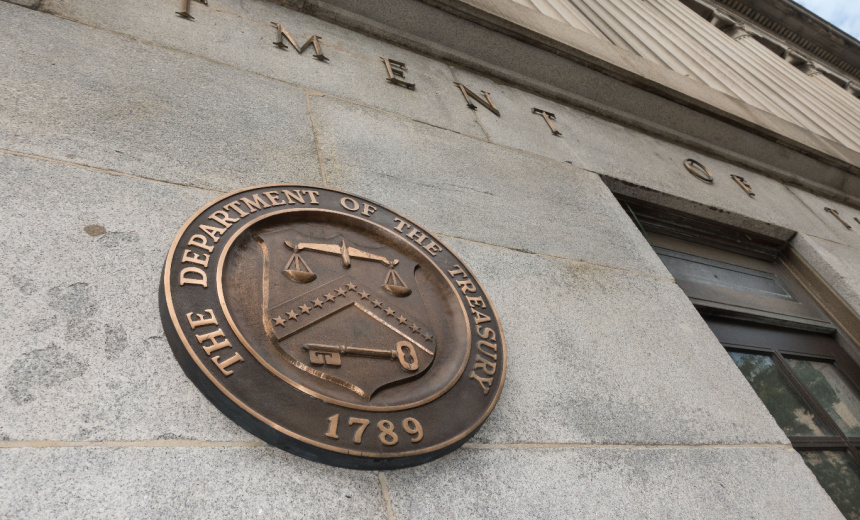Cyberwarfare / Nation-State Attacks
,
Fraud Management & Cybercrime
Cyberespionage Campaign Reached Treasury Office that Reviews Foreign Investment

Chinese hackers reportedly breached a U.S. government office responsible for reviewing foreign investments for national security threats as part of a cyberespionage campaign targeting the Department of Treasury.
See Also: Live Webinar | North Korea’s Secret IT Army and How to Combat It
The hackers gained access to the Committee on Foreign Investment in the U.S., CNN reported. CFIUS is a multi-agency panel chaired by the treasury secretary that reviews national security concerns associated with foreign investments in the U.S. economy. Treasury has acknowledged Chinese hacking, which reportedly also penetrated the Office of Foreign Assets Control, the Treasury office tasked with sanctions enforcement.
Bloomberg on Wednesday reported the hackers behind the Treasury hacks are tracked as Silk Typhoon. The same Beijing nation-state group in 2021 hacked used four zero-day exploits to hack on-premises versions of Microsoft Exchange Server. The United States and allies at the time called the attacks part of a pattern of “irresponsible and destabilizing behavior in cyberspace.”
The Cybersecurity and Infrastructure Security Agency said Monday the Treasury breach has not extended to other federal agencies (see: CISA Investigates Chinese Hacking of Treasury Department). Hackers found their way into Treasury networks through cloud-based support services from third-party contractor BeyondTrust. All instances of its remote support flaws “have been fully patched” against the identified vulnerabilities and that an additional patch was pushed for self-hosted instances, Beyond Trust has said.
Just days after Treasury admitted the hack, the Biden administration imposed sanctions on Beijing-based Integrity Technology Group for supporting a Chinese state hacking group tracked as Flax Typhoon (see: US Sanctions Beijing Company for Flax Typhoon Hacking).
The Treasury hacking comes amid a series of other high-profile Chinese attacks on U.S. critical infrastructure, telecommunications firms and federal networks, as experts warn Beijing is steadily preparing for future conflicts with Washington, including over a potential invasion of Taiwan.
